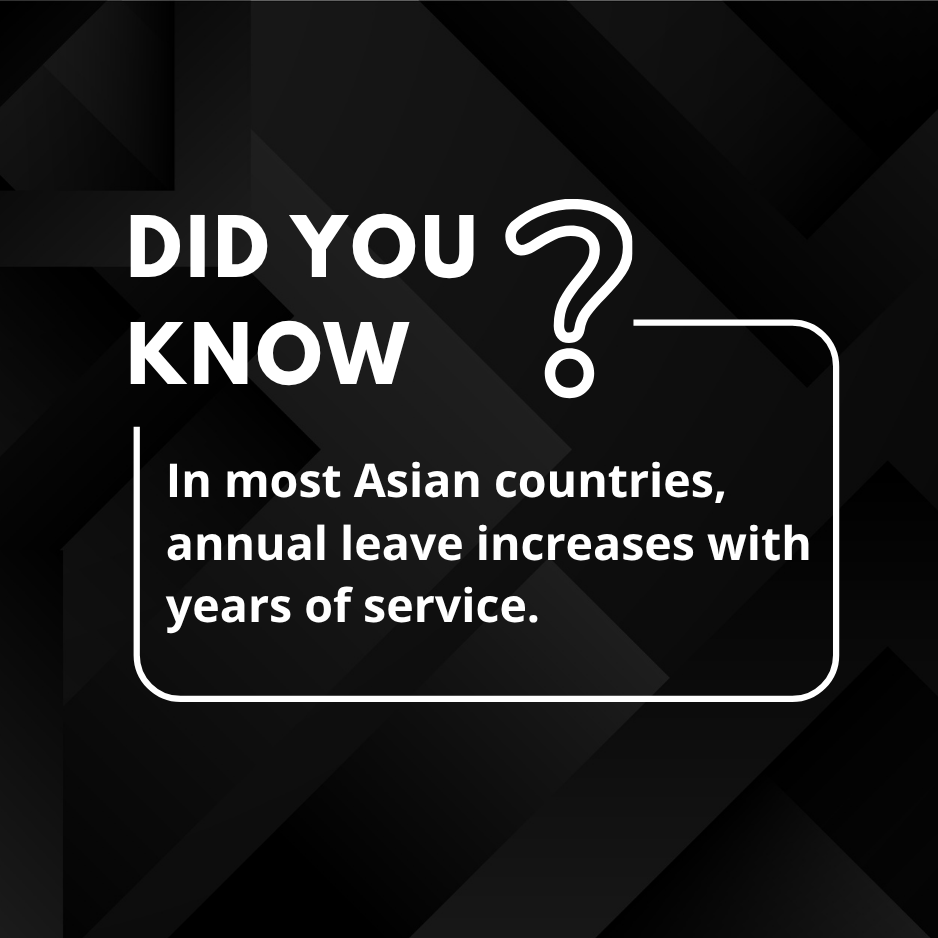Now Reading: Women in Leadership: Rwanda’s Gender Policies
-
01
Women in Leadership: Rwanda’s Gender Policies
Women in Leadership: Rwanda’s Gender Policies

When the topic of gender equality is addressed globally, Rwanda is acknowledged to be one of the unexpected leaders that it is regularly mentioned. In fact, the country had to rebuild its whole system, but it was not a long time before Rwanda recognized that women’s empowerment was the key to the country’s rebound and development. Now, it is measured as one with the highest proportion of women in the parliament and their top leadership positions, and this is recognized as the model of governance that is socially inclusive. A large part of this success is attributed to purposeful gender policies which also include the gender quota in the leadership.
Rwanda’s example is an excellent source of inspiration for Sri Lanka. Though women have historically been influential in politics and society, they are still largely underrepresented in the boardrooms and senior management of the corporate sector. The way Sri Lankan companies and HR leaders can break down barriers and get women into leadership positions is by studying and applying the policies of Rwanda.
Rwanda’s Approach to Gender Representation
Rwanda’s accomplishment of gender representation cannot be attributed to luck. It was a result of systemic changes that were deliberate. According to the country’s constitution, women are to occupy no less than 30% of the positions in decision-making bodies. At present, the number of women who are members of parliament is more than 60%, and there are also a good number of them both in cabinet positions and corporate leadership.
This was backed up with legal reforms that guaranteed equal rights in property ownership, inheritance, and employment. The gender councils at national level and women’s cooperatives played a role in the development of female leaders. It is worth noting that the leadership in Rwanda did not portray gender equality as a mere token but recognized it as a key factor in the country’s development, hence, being incorporated into policy and culture.
Why Women in Leadership Matters
Research reveals that gender diverse management teams perform better than those that are gender homogeneous. The findings of McKinsey and Catalyst emphasize that businesses with women in the leading roles progress to be more financially robust, to show more innovative, and to have better governance. Women leaders, in most cases, bring on the table inclusive decision-making styles, cooperative manners, and the points of view that resonate with the needs of the wider stakeholder community.
For companies, the question of ensuring women’s representation is not only about the right thing to do but also a matter of smart strategy. Diversity in leadership teams is the surest way of handling complexity, gaining customer insights, and managing risks. The case of Rwanda, therefore, suggests that representation not only makes justice but also increases the effectiveness of the system.
Sri Lanka’s Current Landscape
Sri Lanka has a confusing relationship with women in power positions. For instance, it was the first country to have a female prime minister in the world, Sirimavo Bandaranaike, and it still has a strong tradition of female participation in education, healthcare, and civil service. However, the situation is quite different in corporate boardrooms and executive leadership where it is still predominantly male.
According to a 2018 IFC report, the percentage of women on boards of directors of publicly traded companies in Sri Lanka was less than 10%. This number is significantly lower than the average globally. Some obstacles are societal norms, the unavailability of flexible working hours, and the lack of access to mentoring and leadership opportunities. It is worth mentioning that more women have been entering professional fields such as law, medicine, and finance but the “glass ceiling” still exists in the corporate sector in Sri Lanka.
Lessons from Rwanda for Sri Lanka
Though Rwanda’s constitutionally mandated quotas for women may not pragmatically be applicable to the corporate sector of Sri Lanka, the underlying principles of such quotas can be put to use by the corporate HR and governance teams for coming up with new strategies.
1. Organizations may, as a first step, voluntarily commit themselves to achieve and maintain a certain percentage of women in the Boards and top management, thus sending a strong signal of their commitment to gender equality.
2. The diverse programs of mentorship, leadership training, and sponsorship can significantly contribute to the part of women who have the potential for the highest executive positions, thus allowing them to grow professionally and to empower themselves.
3. When the activities of the company are modified in such a way as to accommodate flexible work hours, parental leave, and the provision of childcare; the social structures that usually result in women being forced out of promotion tracks are to be eliminated.
4. The success stories of Sri Lankan women leaders in business should be brought to light in order to break the stereotypes that exist and encourage young women professionals.
5. Business associations and regulators can stimulate requests for disclosure of the status of gender representation, thus generating both accountability and a drive for change in the system.
Toward Inclusive Leadership in Sri Lanka
Rwanda’s gender policies are a testament to the fact that women’s leadership can make a path forward if inclusion is treated as a national and organizational priority. By requiring representation and setting up systems that would facilitate, Rwanda went beyond merely achieving justice and thus, success in governance and performance.
Sri Lanka is endowed with the talented female leaders and has the history of the same to take the road that Rwanda has already traveled. The corporate leaders and HR professionals would have to exert concerted effort which will be required to dismantle cultural barriers, develop pipelines and guarantee that women get equal opportunities to lead.
It is probable that the success of Sri Lanka in global markets in the future will be greatly dependent on how it is able to maximize the potential of its workforce that includes women leaders. The Rwandan example is not only a tale of equity but a route towards the triumph of the difficult times and the sustainable development.












